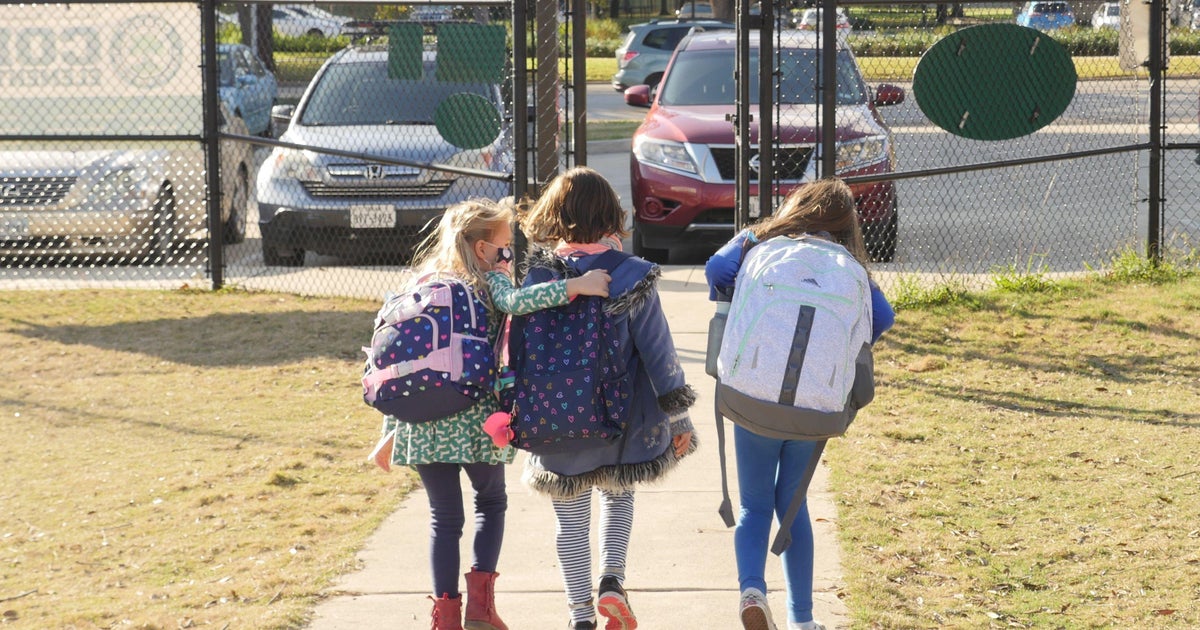
When will kids be able to get COVID-19 vaccines?
CBSN
There could be "enough information to be able to safely vaccinate children of virtually any age" by the end of the year, Dr. Anthony Fauci said at a White House COVID-19 response briefing Friday, pointing to recent data from Pfizer on the safety and efficacy of its COVID-19 vaccine in adolescents.
Pfizer and its German partner BioNTech announced earlier this week that early results from a trial of their COVID-19 vaccine in older children, 12 to 15 years of age, showed it was safe and fully effective. The company said it plans to seek an amendment to its emergency use authorization from the Food and Drug Administration "in the coming weeks," hoping to clear the shots for adolescents "before the start of the next school year." The company also says it expects results ahead of schedule for its pediatric trials in younger children, with data "in the second half of 2021." That could allow for the FDA to greenlight vaccinations for children as young as 6 months old "by early 2022."More Related News
